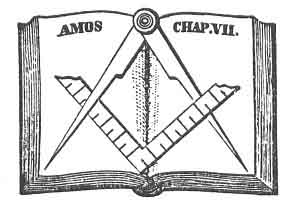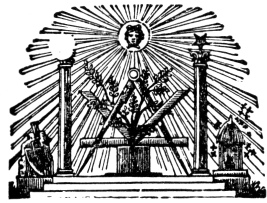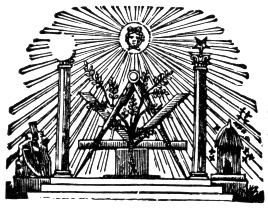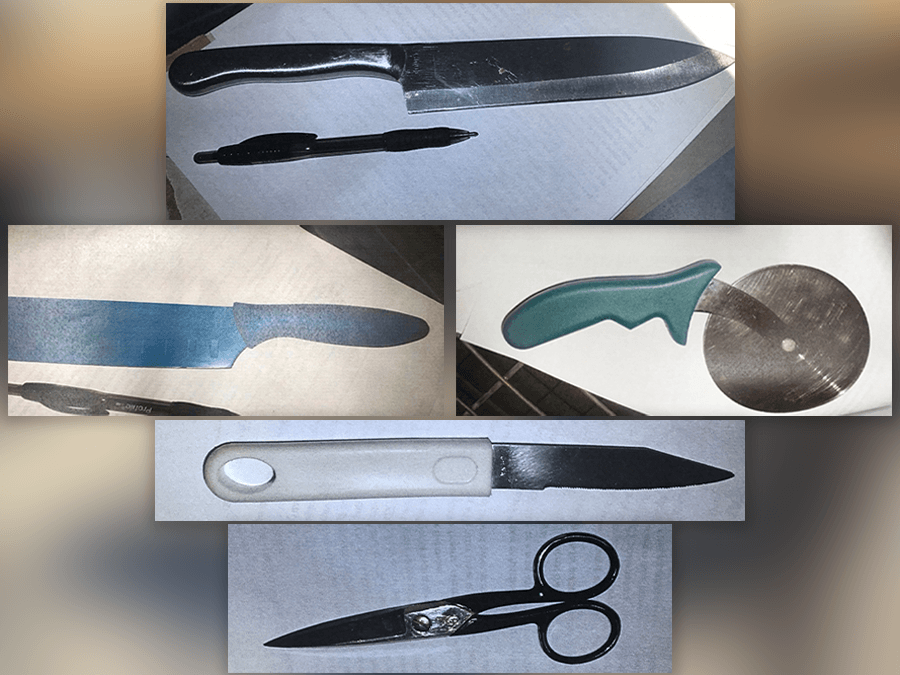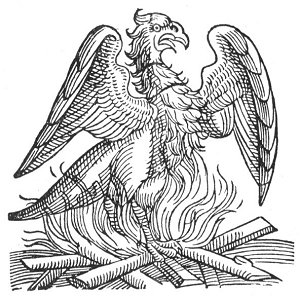“The tools to the workmen!” no other principle will save a Republic from destruction, either by civil war or the dry-rot. They tend to decay, do all we can to prevent it, like human bodies. If. they try the experiment of governing themselves by their smallest, they slide downward to the unavoidable abyss with tenfold velocity; and there never has been a Republic that has not followed that fatal course.
But however palpable and gross the inherent defects of democratic governments, and fatal as the results finally and inevitably are, we need only glance at the reigns of Tiberius, Nero, and Caligula, of Heliogabalus and Caracalla, of Domitian and Corn-modus, to recognize that the difference between freedom and despotism is as wide as that between Heaven and Hell. The cruelty, baseness, and insanity of tyrants are incredible. Let him who complains of the fickle humors and inconstancy of a free people, read Pliny’s character of Domitian. If the great man in a Republic cannot win office without descending to low arts and whining beggary and the judicious use of sneaking lies, let him remain in retirement, and use the pen. Tacitus and Juvenal held no office. Let History and Satire punish the pretender as they crucify the despot. The revenges of the intellect are terrible and just.
Let Masonry use the pen and the printing-press in the free State against the Demagogue; in the Despotism against the Tyrant. History offers examples and encouragement. All history, for four thousand years, being filled with violated rights and the
p. 48
sufferings of the people, each period of history brings with it such protest as is possible to it. Under the Cæsars there was no insurrection, but there was a Juvenal. The arousing of indignation replaces the Gracchi. Under the Cæsars there is the exile of Syene; there is also the author of the Annals. As the Neros reign darkly they should be pictured so. Work with the graver only would be pale; into the grooves should be poured a concentrated prose that bites.
Despots are an aid to thinkers. Speech enchained is speech terrible. The writer doubles and triples his style, when silence is imposed by a master upon the people. There springs from this silence a certain mysterious fullness, which filters and freezes into brass fn the thoughts. Compression in the history produces conciseness in the historian. The granitic solidity of some celebrated prose is only a condensation produced by the Tyrant. Tyranny constrains the writer to shortenings of diameter which are in-creases of strength. The Ciceronian period, hardly sufficient upon Verres, would lose its edge upon Caligula.
The Demagogue is the predecessor of the Despot. One springs from the other’s loins. He who will basely fawn on those who have office to bestow, will betray like Iscariot, and prove a miser-able and pitiable failure. Let the new Junius lash such men as they deserve, and History make them immortal in infamy; since their influences culminate in ruin. The Republic that employs and honors the shallow, the superficial, the base,
at last weeps tears of blood for its fatal error. Of such supreme folly, the sure fruit is damnation. Let the nobility of every great heart, condensed into justice and truth, strike such creatures like a thunderbolt! If you can do no more, you can at least condemn by your vote, and ostracise by denunciation.
It is true that, as the Czars are absolute, they have it in their power to select the best for the public service. It is true that the beginner of a dynasty generally does so; and that when monarchies are in their prime, pretence and shallowness do not thrive and prosper and get power, as they do in Republics. All do not gabble in the Parliament of a Kingdom, as in the Congress of a Democracy. The incapables do not go undetected there, all their lives.
p. 49
But dynasties speedily decay and run out. At last they dwindle down into imbecility; and the dull or flippant Members of Congresses are at least the intellectual peers of the vast majority of kings. The great man, the Julius Cæsar, the Charlemagne, Cromwell, Napoleon, reigns of right. He is the wisest and the strongest. The incapables and imbeciles succeed and are usurpers; and fear makes them cruel. After Julius came Caracalla and Galba; after Charlemagne, the lunatic Charles the Sixth. So the Saracenic dynasty dwindled out; the Capets, the Stuarts, the Bourbons; the last of these producing Bomba, the ape of Domitian.
* * * * * * Man is by nature cruel, like the tigers. The barbarian, and the tool of the tyrant, and the civilized fanatic, enjoy the sufferings of others, as the children enjoy the contortions of maimed flies. Absolute Power, once in fear for the safety of its tenure, cannot but be cruel.

Moe is the founder of GnosticWarrior.com. He is a father, husband, author, martial arts black belt, and an expert in Gnosticism, the occult, and esotericism.


